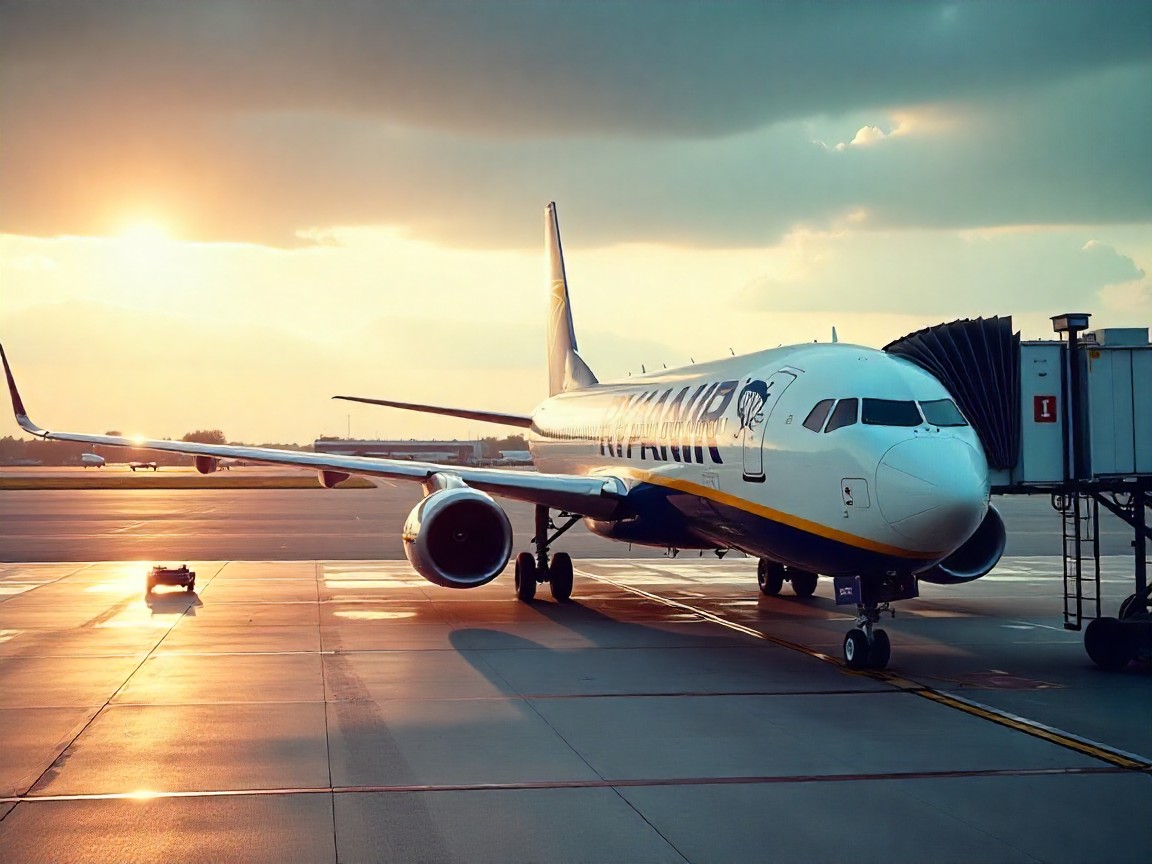Thursday, July 31, 2025
Budget airline Ryanair has said it will cut a number of its services from several European countries in response to rising aviation taxes and operational costs. A series of strategic cuts, this move, which affects regions including France, Germany, Spain, Denmark and Italy, marks a critical shift in its European strategy as it seeks to maintain profitability amid challenging economic conditions.
France – Route Cancellations Due to Rising Aviation Taxes
In France, Ryanair will cut its winter capacity by 13% leading to the suspension of 25 routes and the closure of their Bergerac Brive and Strasbourg bases. The move comes after the French government introduced the Airline Ticket Solidarity tax, which has further hiked fees for domestic and international flights from the French territory. New taxes are significantly greater in many flying categories and have caused Ryanair to switch capacity and growth to lower cost, more competitive markets in continental Europe. The rising aviation taxes have led to the airline reevaluating its activities in the country.
Denmark – Billund Base Closed amid Rising Aviation Taxes
Ryanair has announced that it is to close its two-aircraft base at Billund Airport after Denmark’s government implemented an air travel tax. The tax, adding some 30 kroner to the price of short-haul flights, has rendered Denmark’s domestic airports less attractive in comparison to other EU countries who have scrapped the levy. Consequently, Ryanair will exit Billund and Aalborg airports, resulting in the loss of 1.7 million seats and 32 routes. The airline’s stance reveals the effect of recent hikes on the aviation tax in Denmark on its business.
Germany – Reducing Capacity Due To High Airport Fees
In Germany, Ryanair is also reducing its operations, most notably through the closure of its base at Weeze Airport, citing high airport fees and taxes. The airline was blaming some of the highest locations charges in Europe for an decision to cut overall German airport traffic by 12%. This decision comes as part of Ryanair’s effort to stay profitable by concentrating on markets where it has a cheaper cost base. The airline complains that its continued operations in Germany have become increasingly difficult due to higher aviation taxes.
Spain – Rising Charges Prompt Route Suspensions
Ryanair has cut services at seven regional airports in Spain, such as Jerez and Valladolid, after complaining of the high charges levied by state airport operator Aena. Even with a freeze on fee hikes during the COVID-19 crisis and a decision by the Spanish antitrust authority to keep charges at 10.35 euros per passenger for 2025, Ryanair is still lambasting Aena’s fees. The carrier will reposition its aircraft and capacity in countries with better growth prospects, such as Italy, Croatia, Sweden, Hungary and Morocco. Ryanair has cut its services due to the increasing aviation taxes and fees in Spain.
Italy – Increased Fees Affect Regional Routes
Meanwhile, Ryanair is scaling back its operations in Italy and will take an airplane out of service at Rome Fiumicino and halt plans to add capacity in Rome Ciampino as a result of higher airport charges and boarding taxes. The Italian government has introduced a municipal surcharge – called a boarding tax – of €0.50 at all principal airports from 1 April 2025. Ryanair claims these extra charges are damaging the Sicilian economy and the competitiveness of the island’s resorts. The airline has blamed the increase in aviation taxes and fees in Italy on the reduction of its operations in that country.
Refocusing on Competitive Markets
Ryanair is shifting its capacity and investment to more competitive markets such as Sweden, Hungary and some regions of Italy in the face of increasing aviation taxes and fees in these European countries. The carrier has called for government measures to boost traffic, tourism, jobs and returning the economy to health. Ryanair’s Director of Marketing & Digital, Dara Brady, has said Ryanair will maintain its pursuit of more favorable markets unless governments change their tax policies. Increasing aviation taxes are factoring in Ryanair’s decision making.
